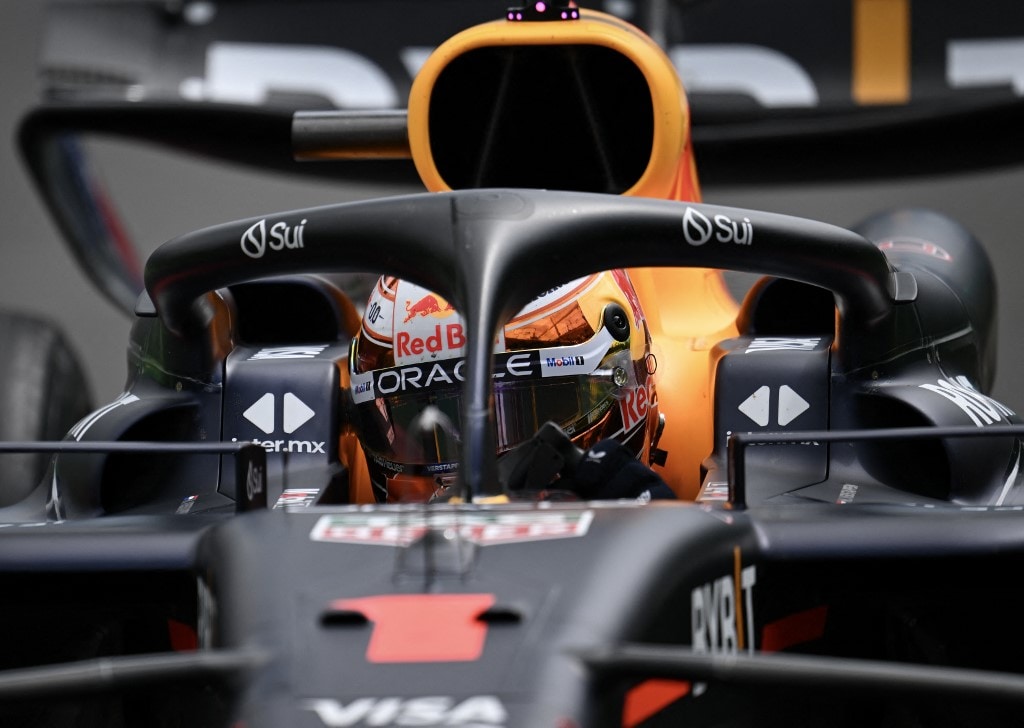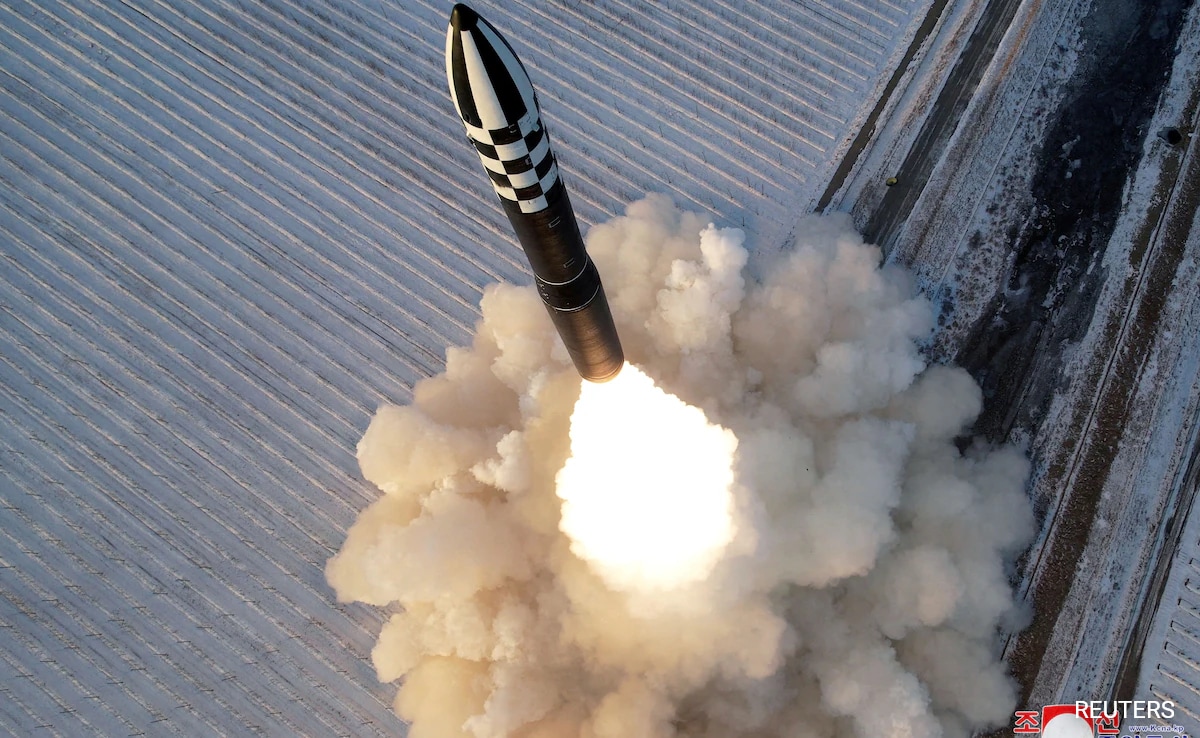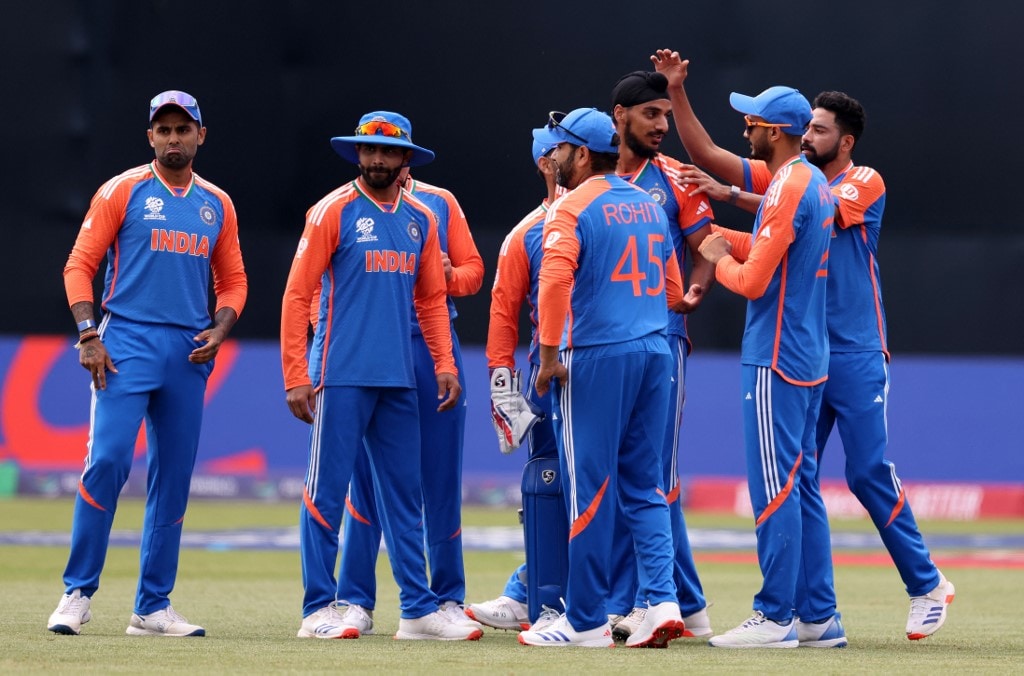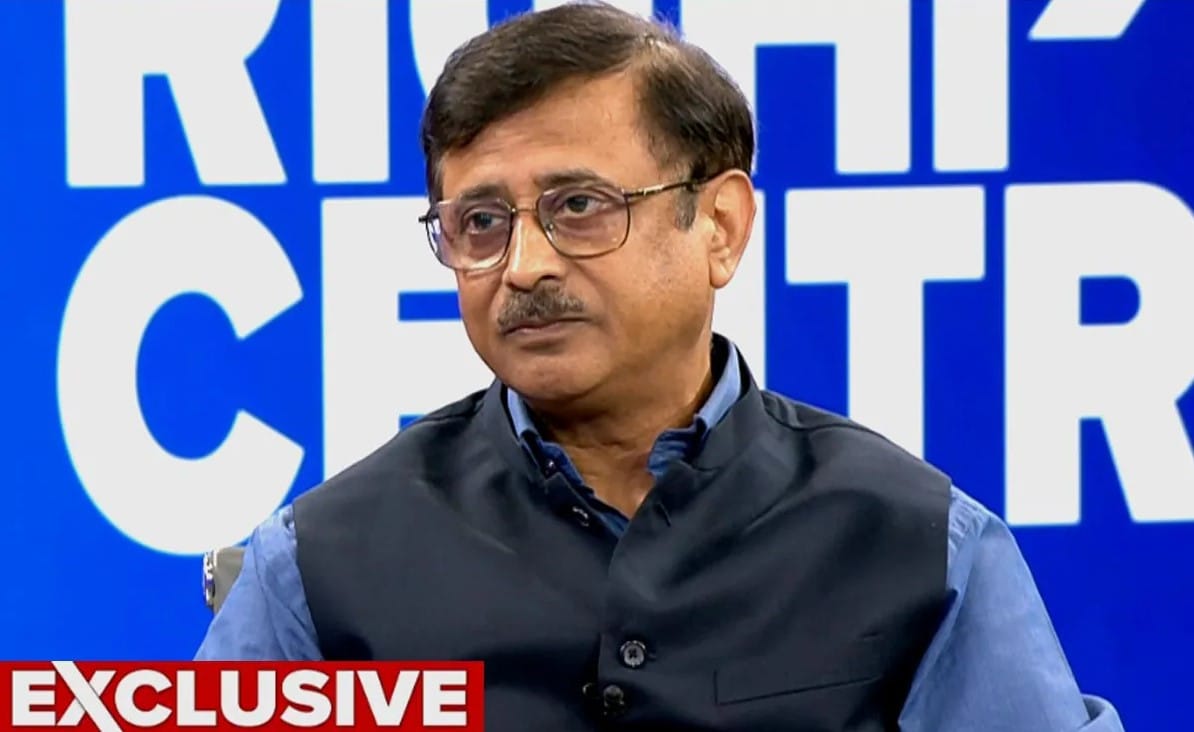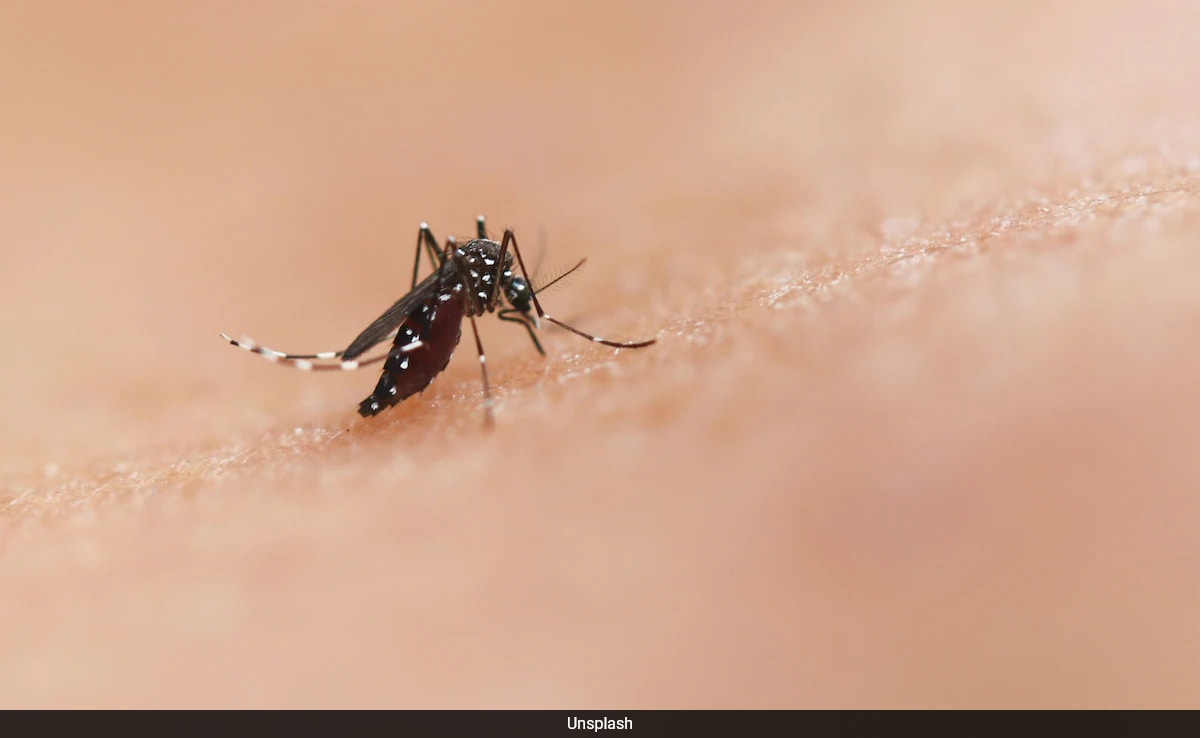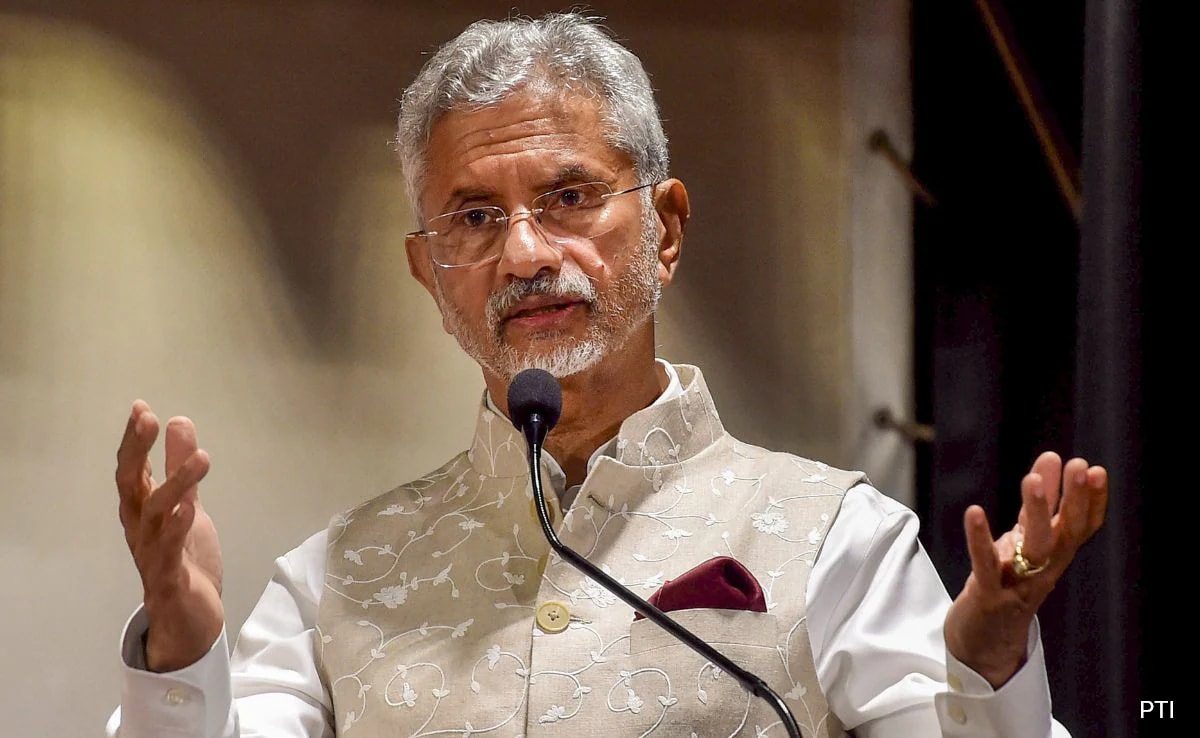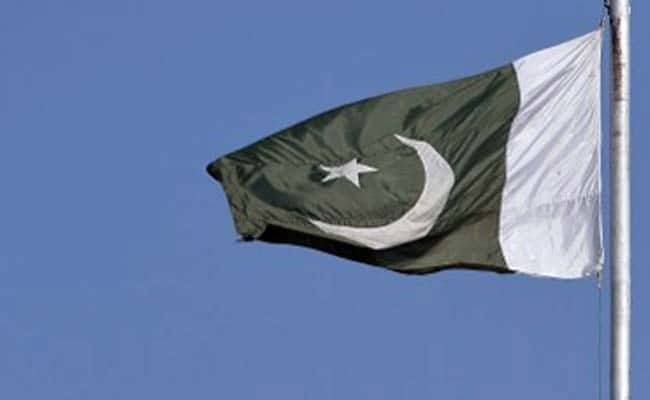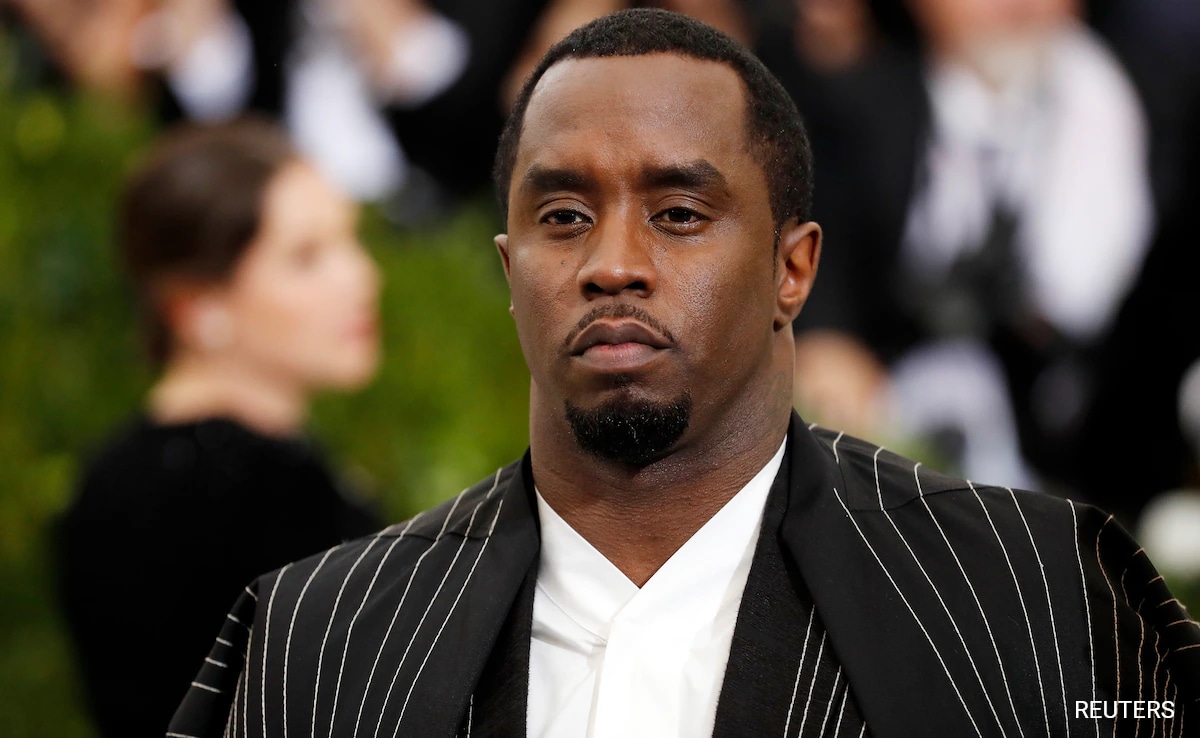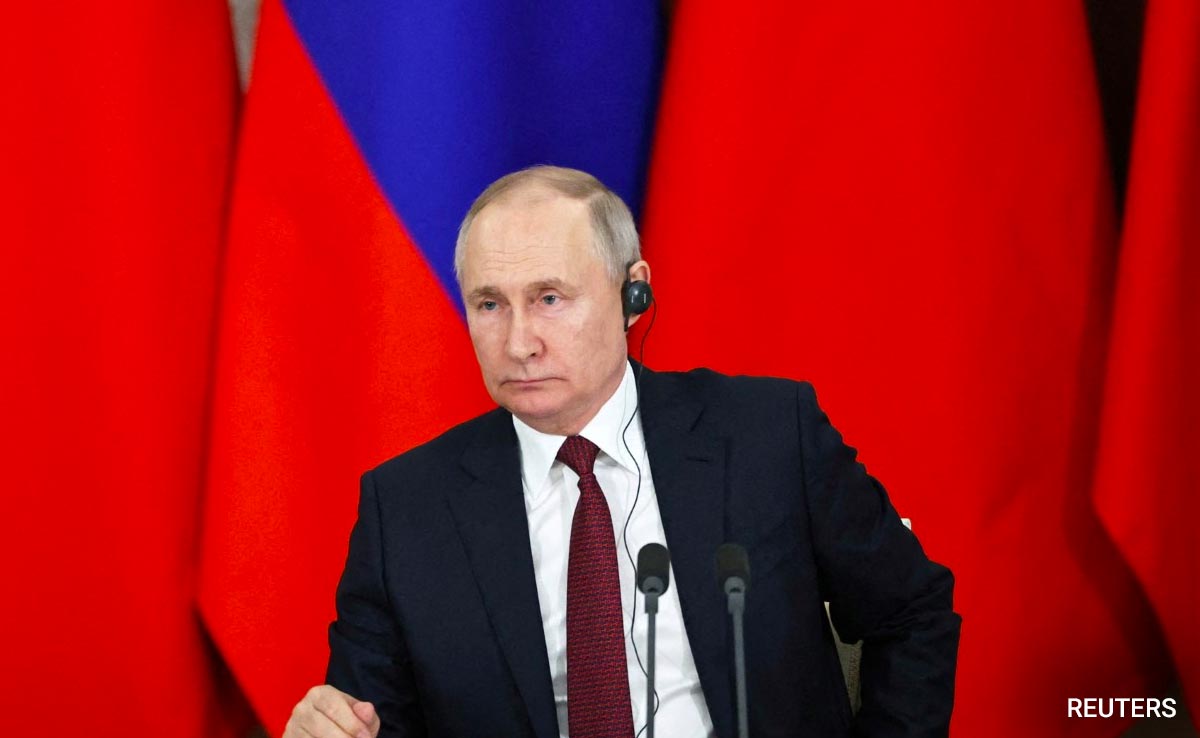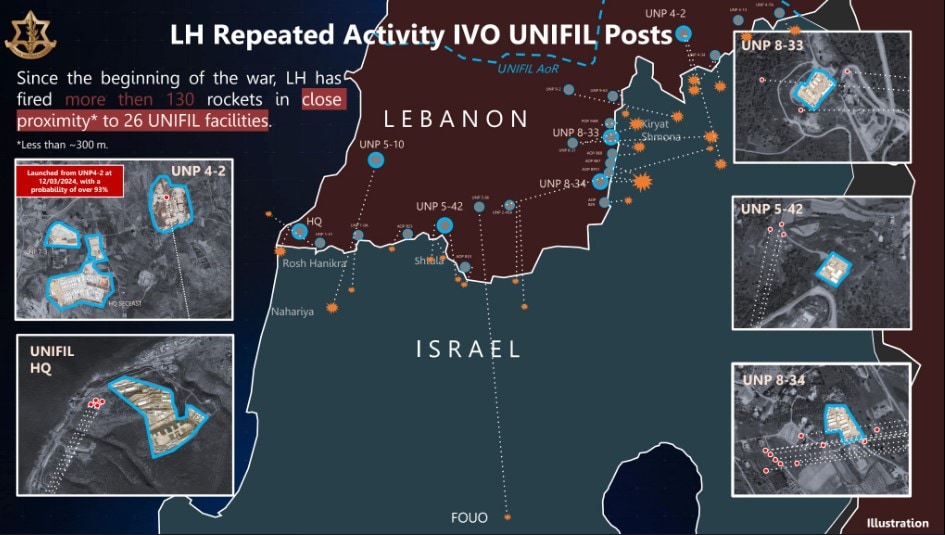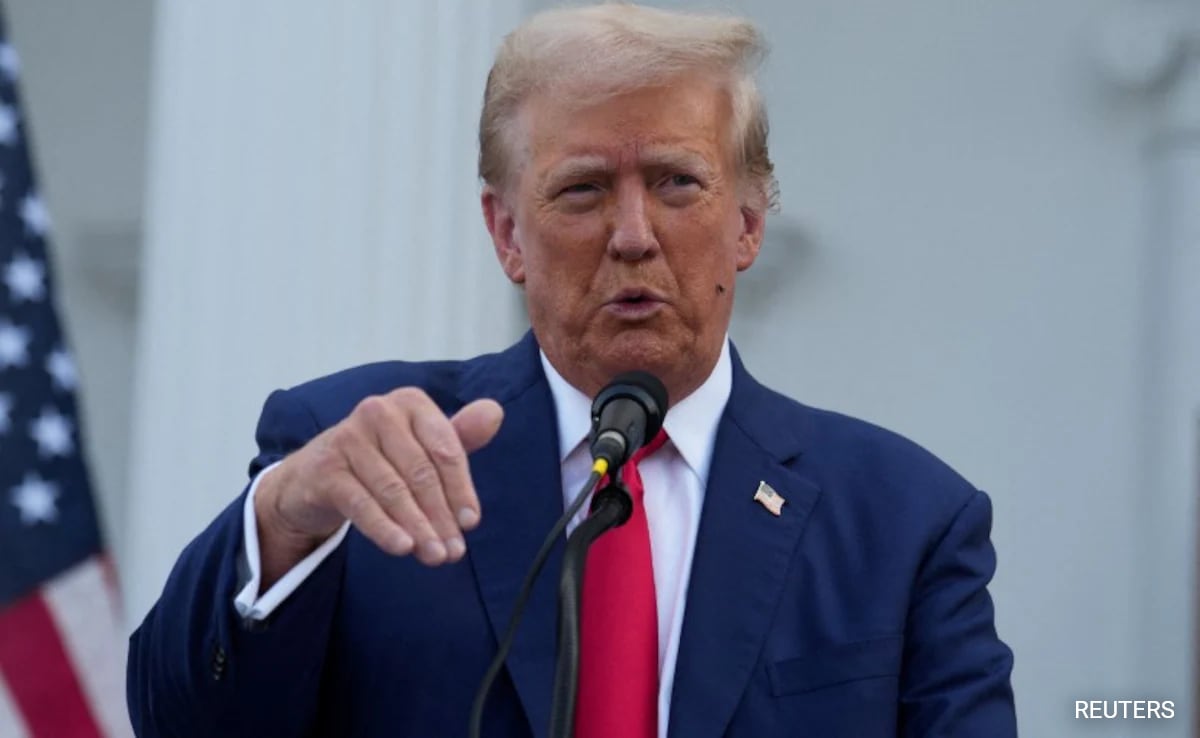New Delhi:
The Indian High Commissioner to Canada who was targeted by Justin Trudeau and has since been recalled by New Delhi reiterated today that “not a shred of evidence was shared” with him by the Canadian authorities who labelled him and five other diplomats as ‘persons of interest’ in the murder investigation of Khalistani terrorist Hardeep Singh Nijjar.
Speaking exclusively to NDTV in his first interview since his return to India, Mr Verma said that it was in fact India which had shared detailed evidence of radical and extremist groups operating on Canadian soil with the Justin Trudeau government, but “no action was taken on it” by either the government or the authorities.
“Besides the evidence shared with Canada, New Delhi, through its High Commission, also repeatedly sent extradition requests for 26 radical elements and gangsters, but nothing was done about it by the,” he said, adding that it is purely “double standards” by Canada, that “one law applies to you and another law applies to me, that doesn’t work in the world anymore. In the past countries of the Global South would do as was told to them by the developed nations, but gone are those days,” he said.
OUT OF THE BLUE
He revealed that in his last meeting with the Canadian authorities, it came as a surprise to him when he was informed by them that he and five other colleagues were now labelled “persons of interest” in the murder investigation and that they should “ask the Indian government to remove their diplomatic immunity”.
“Throughout my tenure (as High Commissioner of Canada), my relations with all the ministries and with interlocutors were very cordial, But on October 12, all of a sudden, in a meeting with Canadian foreign ministry, I was informed that six of us were being linked to the murder investigation and for them to interrogate us, our diplomatic immunity has to be removed.”
“Now that was going too far,” he told NDTV, adding that he communicated this to New Delhi, which then decided to recall him and the other diplomats.
‘DECLARED PERSONA NON GRATA’
“When the Government of India withdrew us, they (Canadian government) decided to label us as ‘persona non grata’ and be sent packing within a given timeline.”
This is the first time in India’s diplomatic history that any foreign ministry official or representative has been labeled a persona non grata, which means a person who is no longer welcomed, and in diplomacy, if the person concerned is not recalled by the home country as requested, the host state may refuse to recognize the person concerned as a member of the diplomatic mission – meaning their immunity ends.
Canada is considered a friendly country to India, but “Even in the case of Pakistan, where we have had known differences for decades, the last high commissioner to be recalled by New Delhi, my predecessor in Canada, Mr Ajay Bisaria, he remained a high commissioner who was called back and remained the then High Commissioner of Pakistan, even though he stopped residing in Pakistan.”
‘TRUDEAU’S CLAIMS WON’T STAND IN COURT’
“Not a shred of evidence has been shared with us (India). If they are calling intelligence inputs or source-based claims as ‘evidence’, then that will not stand in a court of law – not in their country, nor in ours,” Mr Verma said.
What the Royal Canadian Mounted Police or RCMP said, and something that Trudeau said as well during his deposition to the court of inquiry on foreign interference, was that they do not have any proof or evidence, but rather intelligence inputs from sources – which is just hearsay.
“That is quite funny,” said Mr Verma, adding that “what they have done is actually quite serious. As far as I understand most of the things they are calling evidence is just hearsay and source-based claims, and let’s not forget that there are many India baiters there who are ready to give false statements against India or Indians, which could then be considered single sourced information.”
COLLECTING INFORMATION – JOB OF A DIPLOMAT
Collecting information is a key part of a diplomats job. Explaining this, Mr Verma said, “Let me break this down for you. There are two ways in which information is collected by a diplomat – an overt way, which is through the open source, and a covert way. I can confirm to you here that yes, we depended on the information we got through open sources – the overt way.”
“We collect information about banned organisations, radicals, extremists, etc from what is available through the news, through social media. So we did that, and we did the analysis based on the credible information we collected,” he explained.
“And the trend seen in the analysis we made was very clear. They want to sabotage and destroy Canada India relations. They want India’s image to be maligned internationally.
‘JUSTIN TRUDEAU PERSONALLY INVOLVED’
“One thing is quite openly seen and known – that Mr Trudeau himself is known to be very close to the Khalistani extremists and terrorists, especially politically. Through his close circles, both in his cabinet and in the Canadian Parliament, some of his close friends are not quite inclined towards good Canada-India relations,” Mr Verma said.
“I do not want to comment on the domestic politics in Canada, but what I have seen, heard and read in the media, is that his party is not doing well. The opinion polls are not in his favour, and most of all, Mr Trudeau’s leadership is threatened even within party,” Mr Verma added.
‘KHALISTAN EXTREMISM A BUSINESS’
Explaining the way the Khalistan separatism works, Mr Verma said that “It is a business, because the money collected by these extremists and radicals through extortion and other illegal means, they use it in a continuous effort to destabilaze India and at the same time fund their personal, lavish lifestyles.”
“So, if I am trying to give evidence of their illegal activities and try to shut down their business, then I become a subject of their target. And that is precisely what was seen when they openly threatened and targeted Indian diplomats in Canada,” Mr Verma highlighted.
He went on to say that it is not just diplomats, “Our prime minister and home minister have been threatened, diplomats targeted. Some other examples are that effigies of Indian diplomats, including myself were burnt as Ravana, Cut outs of my face was made the target for shooting practice, and several other instances.”
“You will not see such things happen so openly,” and with support from the government “in any civil society,” he said.
The diplomat further said that “When you show a bullet-ridden effigy of a former prime minister of the largest democracy, one that is your ally, with the images of her assassination and you cheer it openly then it is hate speech, not free speech.”


